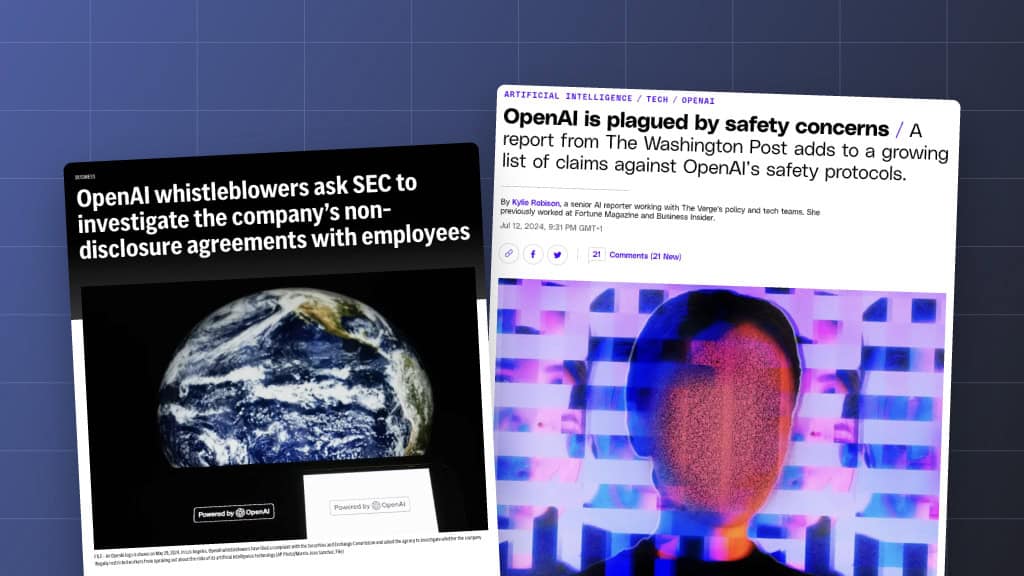Writing the Human Genome

Contents
The Human Genome Project made big news in the early 2000s when an international group of scientists successfully completed a decade-long endeavor to map out the entirety of the human genome. Then, last month, genetic researchers caused some minor controversy when a group of about 150 scientists, lawyers and entrepreneurs met behind closed doors to discuss “writing” the human genome – that is, synthesizing the human DNA sequences from scratch.
In response to the uproar, the group published a short article in Science this week, explaining the basic ideas behind their objectives.
The project, HGP-write (human genome project – write), is led by Jef D. Boeke, Andrew Hessel, Nancy J. Kelley, and FLI science advisory board member George Church, though over 20 participants helped pen the Science article. In the article, they explain, “Genome synthesis is a logical extension of the genetic engineering tools that have been used safely within the biotech industry for ~40 years and have provided important societal benefits.”
Recent advances in genetics and biotech, such as the explosion of CRISPR-cas9 and even the original Human Genome Project, have provided glimpses into a possible future in which we can cure cancer, ward off viruses, and generate healthy human organs. Scientists involved with HGP-write hope this project will finally help us achieve those goals. They wrote:
Potential applications include growing transplantable human organs; engineering immunity to viruses in cell lines via genome-wide recoding (12); engineering cancer resistance into new therapeutic cell lines; and accelerating high-productivity, cost-efficient vaccine and pharmaceutical development using human cells and organoids.
While there are clearly potential benefits to this technology, concerns about the project are to be expected, especially given the closed-door nature of the meeting. In response to the meeting last month, Drew Endy and Laurie Zoloth argued:
Given that human genome synthesis is a technology that can completely redefine the core of what now joins all of humanity together as a species, we argue that discussions of making such capacities real, like today’s Harvard conference, should not take place without open and advance consideration of whether it is morally right to proceed.
The director of the National Institutes of Health, Francis S. Collins, was equally hesitant to embrace the project. In a statement to the New York Times, he said, “whole-genome, whole-organism synthesis projects extend far beyond current scientific capabilities, and immediately raise numerous ethical and philosophical red flags.”
In the Science article, the researchers of HGP-write insist that “HGP-write will require public involvement and consideration of ethical, legal, and social implications (ELSI) from the start.” This is a point Church reiterated to the Washington Post, explaining that there were already ELSI researchers who participated in the original meeting and that he expects more researchers to join as a response to the Science article.
The primary goal of the project is “to reduce the costs of engineering and testing large (0.1 to 100 billion base pairs) genomes in cell lines by over 1000-fold within 10 years.” The HGP-write initiative hopes to launch this year “with $100 million in committed support,” and they plan to complete the project for less than the $3 billion price tag of the original Human Genome Project.
About the Future of Life Institute
The Future of Life Institute (FLI) is a global think tank with a team of 20+ full-time staff operating across the US and Europe. FLI has been working to steer the development of transformative technologies towards benefitting life and away from extreme large-scale risks since its founding in 2014. Find out more about our mission or explore our work.
Related content
Other posts about Biotech, Recent News

Poll Shows Broad Popularity of CA SB1047 to Regulate AI

FLI Praises AI Whistleblowers While Calling for Stronger Protections and Regulation


